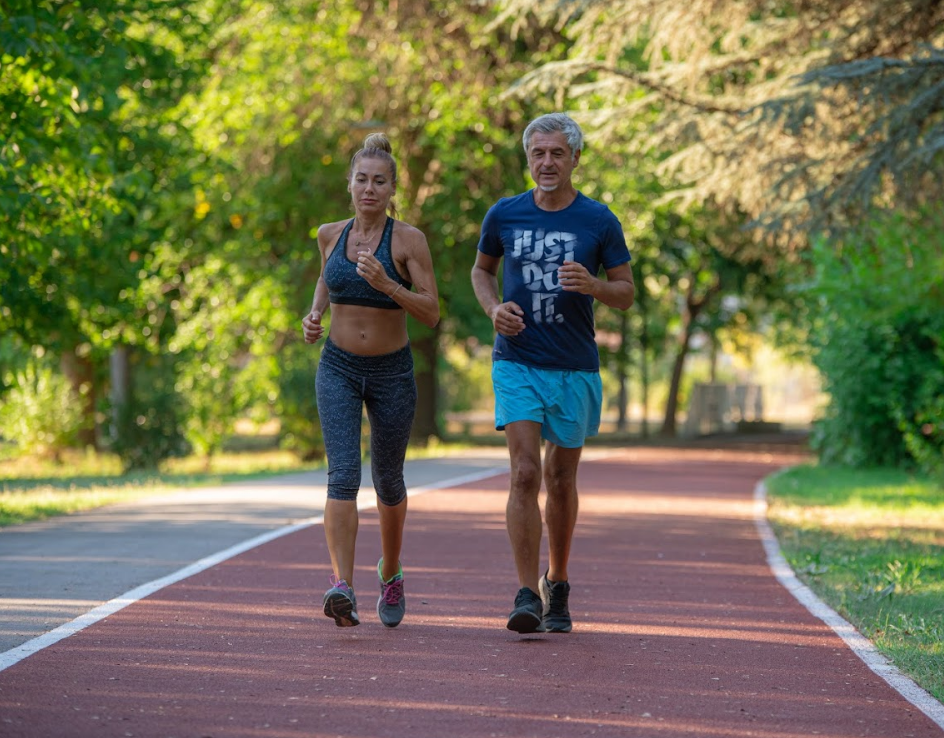
Essential Amino Acids Improve Fatigue Resistance by 40%
In a study published in the Journal of Medicine and Science in Sports and Exercise, researchers explored the effects of a carbohydrate-protein beverage on muscle recovery, muscle mass, energy, and fatigue resistance. Upon analyzing the findings, it becomes evident that incorporating a supplement containing essential amino acids such as FundAminos into one's regimen can yield massive and substantial benefits. The study revealed that essential amino acids exhibited a remarkable capacity to enhance fatigue resistance by an impressive 40%. This finding highlights the supplement's ability to support individuals in their pursuit of prolonged physical performance and endurance. Also, due to it's quick absorption time (among other benefits), amino acids are also seen to provide a staggering 400% increase in effectiveness when compared protein powders for muscle recovery, muscle mass, and energy enhancement. Considering the outstanding benefits observed in terms of muscle recovery, muscle mass, energy, and fatigue resistance, it becomes evident that incorporating essential amino acids, such as FundAminos, into one's diet is an unequivocal choice. Its efficacy surpasses that of alternative supplements by a significant margin, making it an ideal option for those striving to maximize their athletic performance and overall well-being. It's a no brainer.
Abstract
SAUNDERS, M. J., M. D. KANE, and M. K. TODD. Effects of a Carbohydrate-Protein Beverage on Cycling Endurance and Muscle Damage. Med. Sci. Sports Exerc., Vol. 36, No. 7, pp. 1233–1238, 2004.
Introduction:
The purpose of this study was to determine whether endurance cycling performance and postexercise muscle damage were altered when consuming a carbohydrate and protein beverage (CHO+P; 7.3% and 1.8% concentrations) versus a carbohydrate-only (CHO; 7.3%) beverage.
Methods:
Fifteen male cyclists (mean V̇O2peak = 52.6 ± 10.3 mL·kg−1·min−1) rode a cycle ergometer at 75% V̇O2peak to volitional exhaustion, followed 12–15 h later by a second ride to exhaustion at 85% V̇O2peak. Subjects consumed 1.8 mL·kg−1 BW of randomly assigned CHO or CHO+P beverage every 15 min of exercise, and 10 mL·kg−1 BW immediately after exercise. Beverages were matched for carbohydrate content, resulting in 20% lower total caloric content per administration of CHO beverage. Subjects were blinded to treatment beverage and repeated the same protocol seven to 14 d later with the other beverage.
Results:
In the first ride (75% V̇O2peak), subjects rode 29% longer (P < 0.05) when consuming the CHO+P beverage (106.3 ± 45.2 min) than the CHO beverage (82.3 ± 32.6 min). In the second ride (85% V̇O2peak), subjects performed 40% longer when consuming the CHO+P beverage (43.6 ± 12.5 min) than when consuming the CHO beverage (31.2 ± 8.7 min). Peak postexercise plasma CPK levels, indicative of muscle damage, were 83% lower after the CHO+P trial (216.3 ± 122.0 U·L−1) than the CHO trial (1318.1 ± 1935.6 U·L−1). There were no significant differences in exercising levels of V̇O2, ventilation, heart rate, RPE, blood glucose, or blood lactate between treatments in either trial.
Conclusion:
A carbohydrate beverage with additional protein calories produced significant improvements in time to fatigue and reductions in muscle damage in endurance athletes. Further research is necessary to determine whether these effects were the result of higher total caloric content of the CHO+P beverage or due to specific protein-mediated mechanisms.
Read the full study here
The Highest Bar. Life Elevated. PureClean Performance
